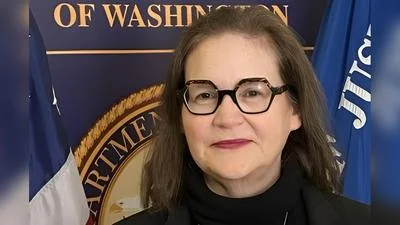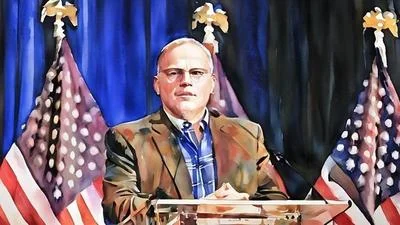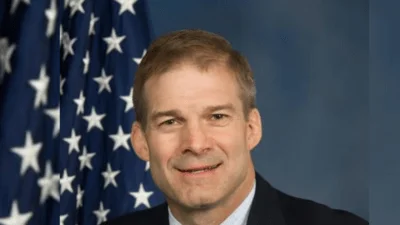Thank you, Mr. Chairman. And welcome to all of our witnesses - I’m looking forward to hearing your testimony.
The United States has seen a boon in its natural gas resources. Today this committee will discuss what to do with these resources to best serve the public interest of our country. Some may want to export all of it if the price in another country is higher than the U.S. price. Others may want our manufacturers and consumers to use it all domestically. I imagine that the right answer is somewhere in the middle, as is often the case.
Fortunately, our current law provides the President with flexibility to consider the public interest on a case by case basis. The statute provides that the Department of Energy will approve LNG export applications unless it finds that the application is “not in the public interest." That sounds like a very reasonable law to me. I doubt anyone here is really complaining about a statute that simply requires the government to consider the public interest.
Some claim that this law imposes some kind of “restraint" on our exports, but I don’t see that. The law requires the Department of Energy to grant a license to export unless doing so is against the public interest - and the Department has never found that an export license is against the public interest. In fact, the Department is granting licenses more quickly every day.
The statute also automatically grants licenses for exports to countries that we have signed free trade agreements with. That may give us a little leverage in our trade negotiations, and that’s ok with me.
In fact, we’re in the middle of trade negotiations with Japan and Europe, two of the largest potential markets for our LNG exports. Why would we change our law to give it to them automatically and unilaterally, even if they refuse to negotiate an FTA with us? In other words, why would they want to buy the cow if they can get the milk for free?
Our other two large potential markets are China and India. Those countries have real export restraints and others laws that are a growing concern for our companies and workers. Should we change our law - unilaterally disarm - in the hopes that these countries would follow our good example? Maybe. Or maybe we should negotiate a deal with them.
Now maybe I'm wrong. Maybe we should give the milk away for free. Maybe we should unilaterally disarm. I don't know. I'm not a trade negotiator. But why not give our negotiators in the executive branch some flexibility? Isn't that what the current statute does? Flexibility to consider the public interest on a case-by-case basis.
I would also like to take this opportunity to briefly discuss another important part of our country’s trade policy, the African Growth and Opportunity Act, or AGOA.
As you know, Mr. Nunes, AGOA expires next year. AGOA was originally enacted in 2000 and has provided great benefits to African nations. Now is the time to begin our work to ensure that AGOA is improved and renewed well before that deadline approaches.
With that, I’ll conclude my opening remarks. I look forward to hearing the testimony of our witnesses.








